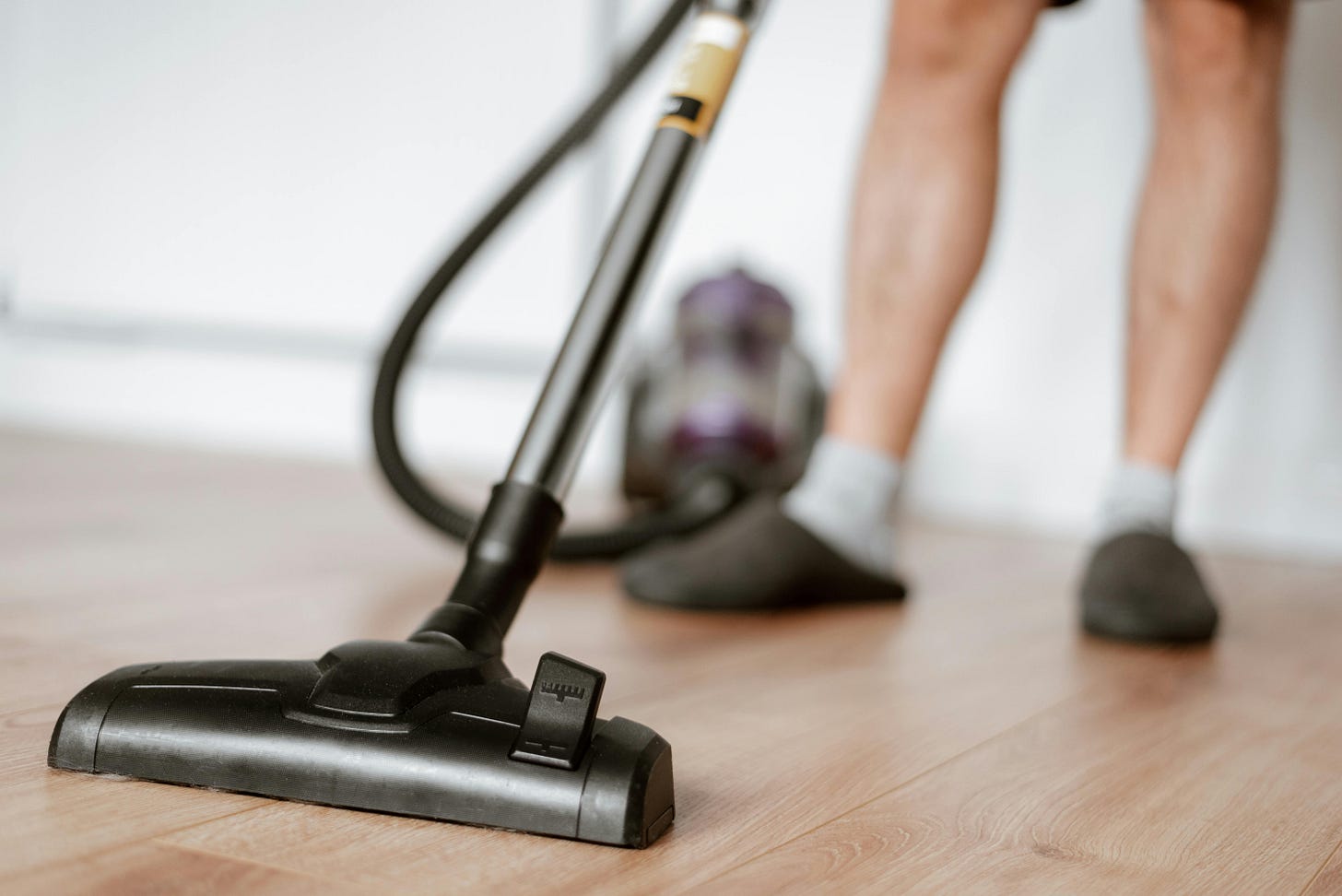
This seems as good a week as any to think about a US President. There’s one in particular, a real divider of opinion, who I have in mind. That’s right: Jimmy Carter.
When Jimmy Carter passed away on 29 December last year, I read some of the obituaries and was surprised to find out how much he was responsible for improving energy efficiency standards. I knew that Carter had established the US Department of Energy but I didn’t know, as Vox eloquently put it in 2023, that he had made Americans’ fridges “really freaking good”.
According to the Appliance and Equipment Standards Program that Carter set up, and which still runs today, various standards put in place in the US since 1987 saved Americans an estimated $105 billion in utility bills – in 2024 alone.
Just a distraction?
Some climate-conscious folk view energy efficiency as a distraction. The world needs much bigger changes in order to slash emissions as quickly as possible, they say. Consider also Jevons paradox, wherein a thing becomes more efficient and so we end up using it more, meaning overall energy consumption actually goes up.
However, estimates hint that energy efficiency improvements can actually avert a lot of emissions.
One 2014 blog from the UK’s Climate Change Committee estimated that incoming European Union regulations designed to improve the efficiency of vacuum cleaners – yes, vacuum cleaners alone – would save six million tonnes of carbon dioxide (CO2) equivalent by 2020. That’s roughly as much CO2 equivalent as one million Europeans emit on average in a year. Remember that this is a carbon saving made possible without really changing the functionality of those vacuum cleaners. A relatively easy win.
Consider some other examples. Thermally efficient new build housing emits 60% less carbon than older properties, according to the UK’s Home Building Federation. In 2022, emissions from housing accounted for one fifth of all the UK’s greenhouse gas emissions, so you can see how mitigations here could, eventually, have a major impact.
And the US Department of Energy asserts that energy efficiency could slash industrial carbon emissions by more than a third in many sectors. The same department estimates that new standards for certain electric motors could save more than 150 million tonnes of CO2 equivalent over 30 years, reports the Appliance Standards Awareness Project, a non-profit that advocates for increased energy efficiency.

It’s what all of this adds up to that really matters. In 2021, the International Energy Agency announced, “Appliance energy efficiency is key to reaching net zero emissions in the electricity sector.” Electrification – essential for moving away from fossil fuels – is going to be pretty difficult unless appliances, vehicles and industrial equipment get more efficient, too. It’s relatively difficult to build lots of new electricity generation facilities overnight but a more efficient appliance cuts your energy needs instantly.
Plus, as one South Korean study noted, electrification actually risks pushing up carbon emissions. So, unless I’m mistaken, there are only two ways around this problem: do less, or improve the energy efficiency of what you are doing. I’ll come back to “do less” shortly.
Research also shows that energy efficiency has social benefits. Besides cutting the cost of people’s utility bills, which skyrocketed in some countries following Russia’s invasion of Ukraine in 2022, it could improve the quality and safety of housing.
The UK is gradually implementing stricter energy efficiency standards for privately rented properties. It means private renters ought to find it easier to heat their homes, which could in turn reduce the risk of exposure to harmful temperatures or mould.
‘Freedom to choose’
Studies also suggest that appliances get more affordable when regulations demand that companies come up with more efficient products. “Firms lower prices of older models as they are forced to introduce new models meeting new, stricter efficiency standards,” wrote the authors of a 2019 study on the topic.
All of the above things appear threatened, however, by the new US administration’s rolling back of certain energy efficiency standards. One executive order prioritises, instead, Americans’ “freedom to choose” from a range of products and appliances, regardless of their efficiency. Ironically, that might risk offering consumers less choice in the long-term, should more energy efficient appliances, which are by definition cheaper to run, emerge in other markets but not the US.
There are other, very different, objections to obsessing over efficiency, though. In 2019, sociologist Elizabeth Shove of Lancaster University wrote a provocative article entitled, “What is wrong with energy efficiency?” The main answer to the question that she proposed was this: a dogged pursuit of energy efficiency risked sustaining or escalating “increasingly energy-intensive ways of life”.
Shove continued:
“There might be ways of crafting buildings and equipment that do not meet present needs, and that do not deliver equivalent levels of service, but that do enable and sustain much lower-carbon ways of life.”
Her article prompted a feisty response from energy researchers (and then a response to that response from Shove). But I’ll spare you the details. Suffice to say that energy efficiency may have a bit of a pitfall. Think of it like this: what’s better, a really energy efficient laundry dryer – or a clothes line? Instead of doing more with less, it might sometimes be desirable to do less with less.
Jimmy Carter, for all the emphasis he placed on energy efficiency during his presidency, would have understood that, I think. Fundamentally, he was against waste, or so his speeches suggest. Avoiding waste, living as sustainably as possible – those ideas have only become more fashionable with time.
“We must even face the prospect of changing our basic ways of living,” Carter said once, some years before he became President, as he referred to what he described as excessive plundering of the planet’s resources. “This change,” he said, “will either be made on our own initiative in a planned and rational way, or forced on us with chaos and suffering by the inexorable laws of nature.”
Further reading on this week’s story
Here’s a 50-minute podcast all about Jimmy Carter’s energy efficiency legacy, from Columbia University’s Center on Global Energy Policy.
In April, the International Energy Agency will hold its 20th Energy Efficiency Policy Training Week in Paris.
Thanks for reading! If you enjoyed this story, don’t forget to share it with your friends and colleagues. You can also subscribe to The Reengineer and follow me on Bluesky.





My parents grew up during WW2 when the emphasis was on not being wasteful with energy, clothes, food, appliances etc - doing as much as possible with what people had, however little. I grew up with those principles and am conscious that over the years I, and society in general, have too readily let them slip.